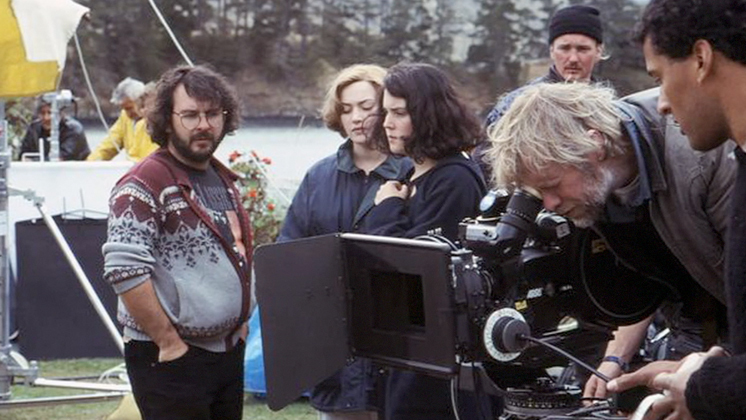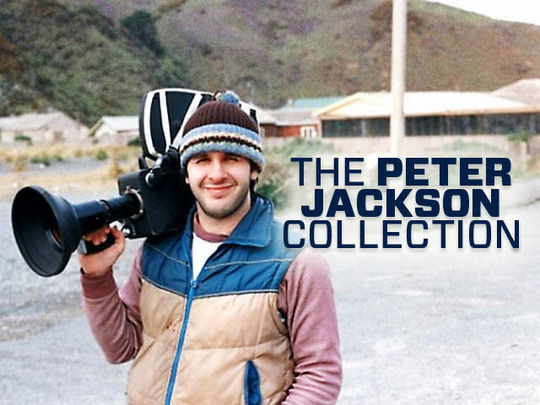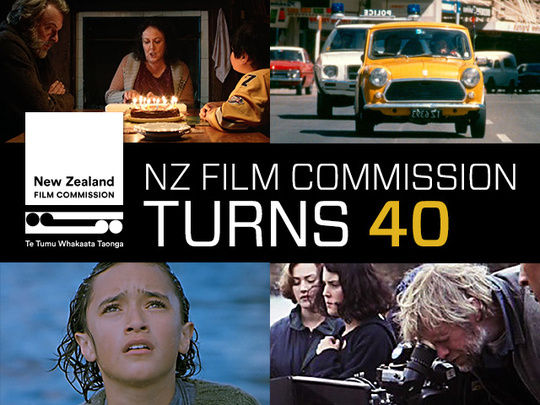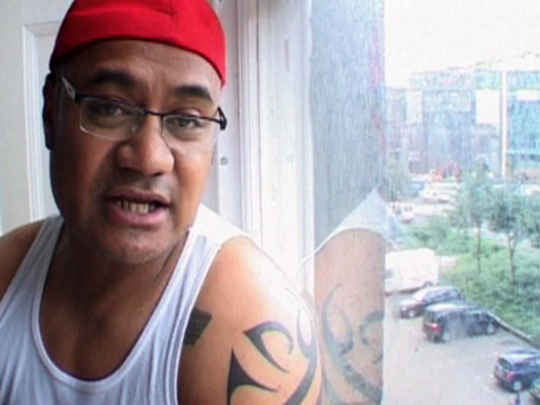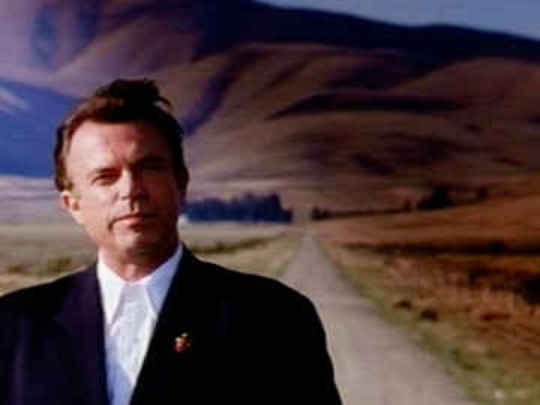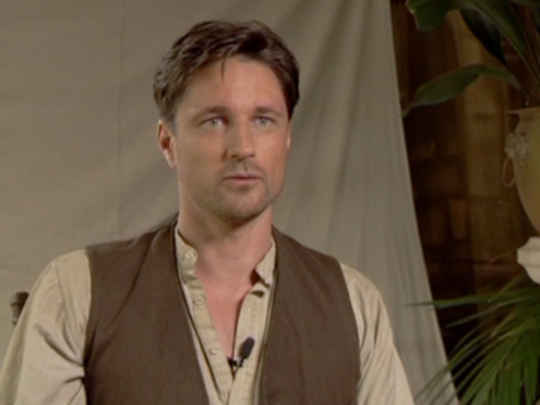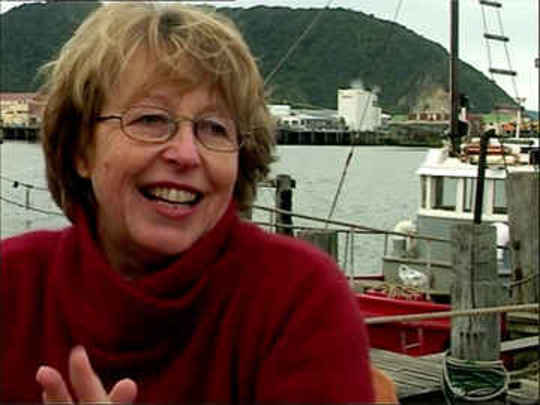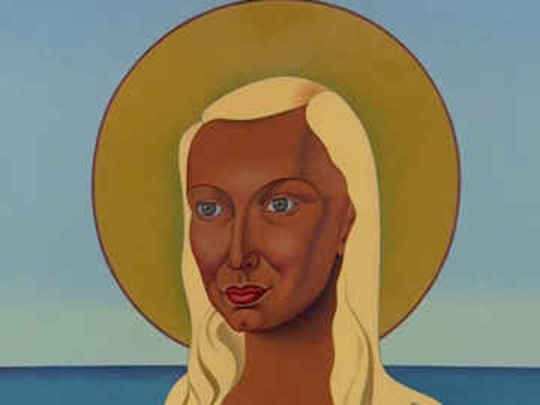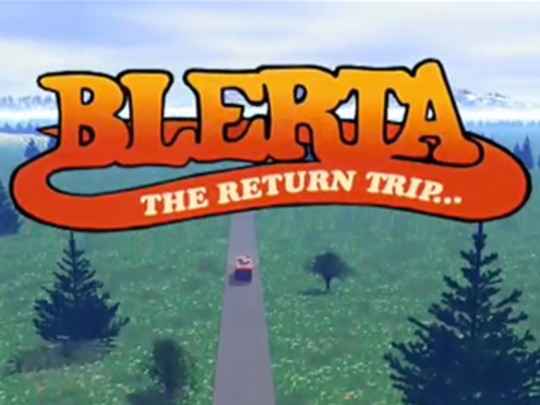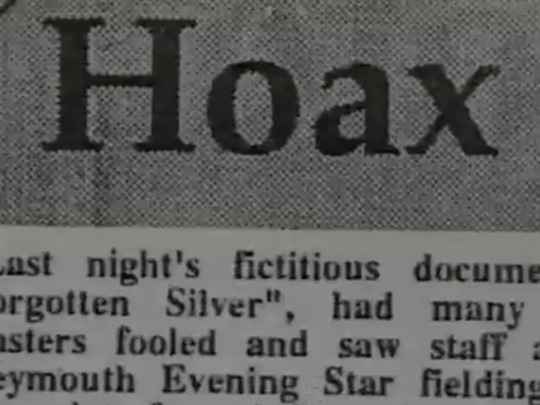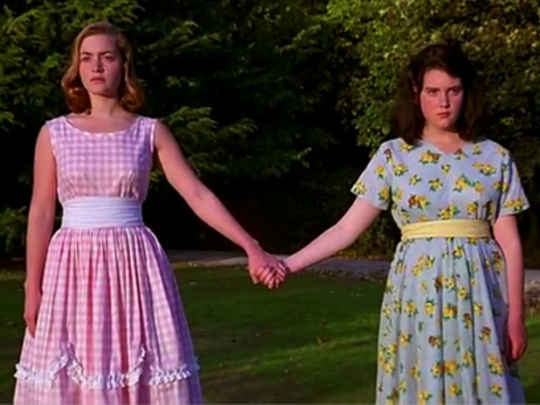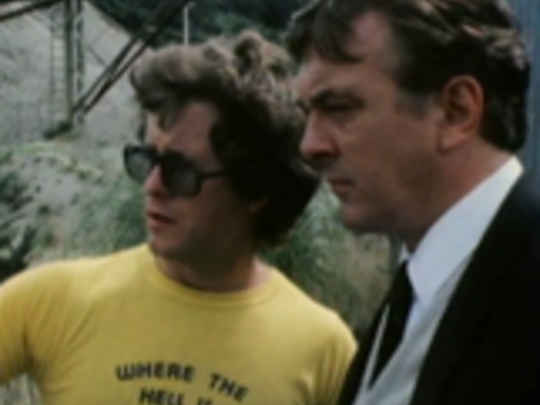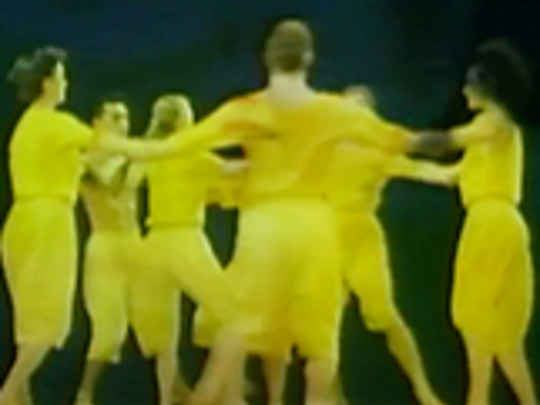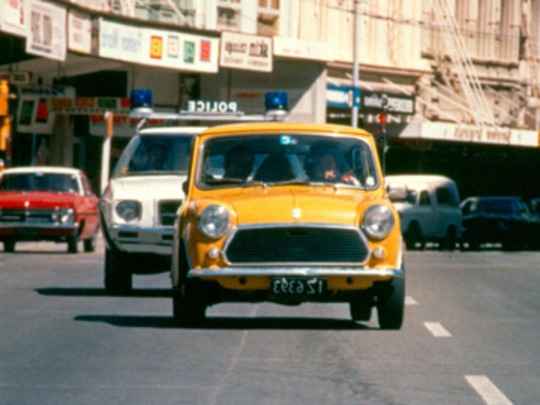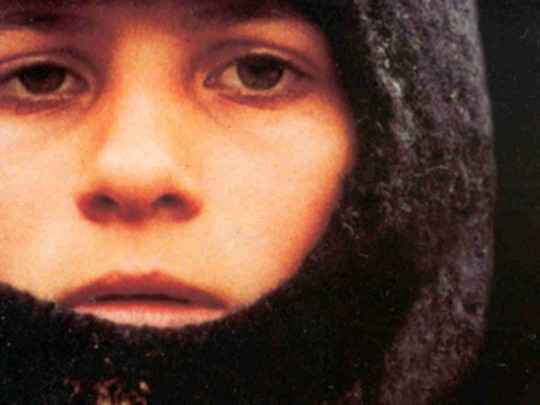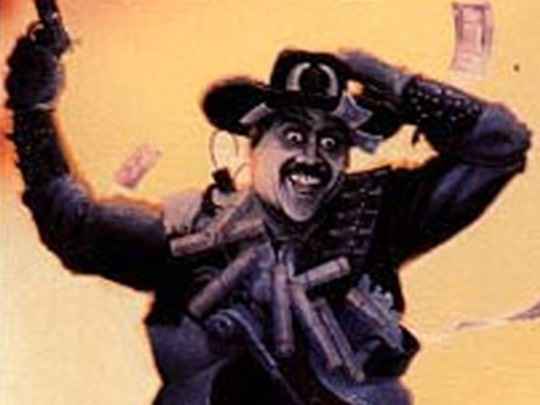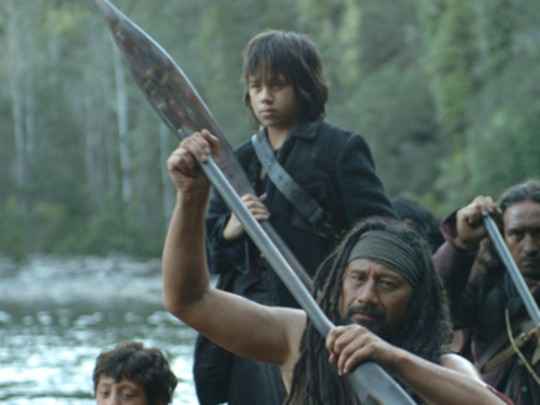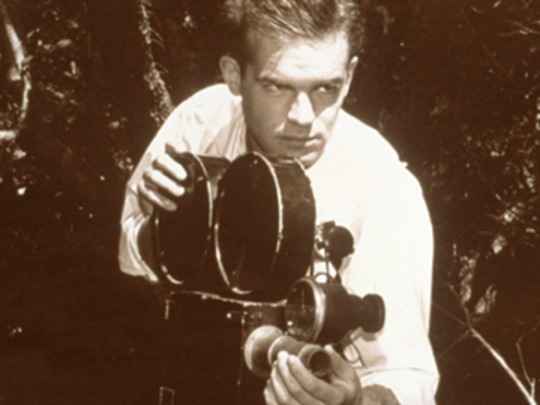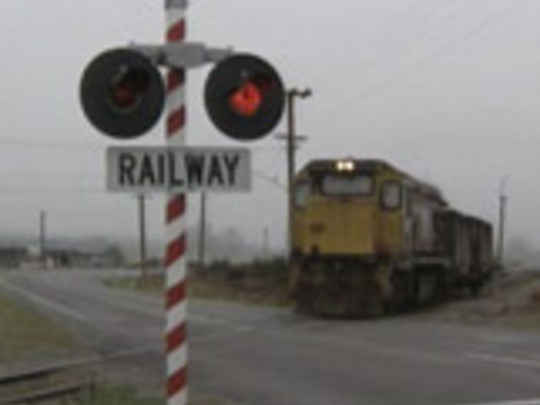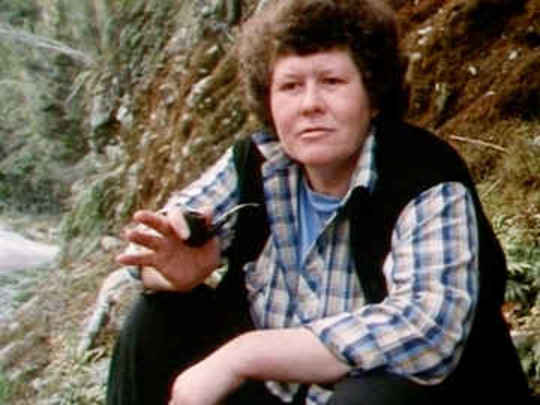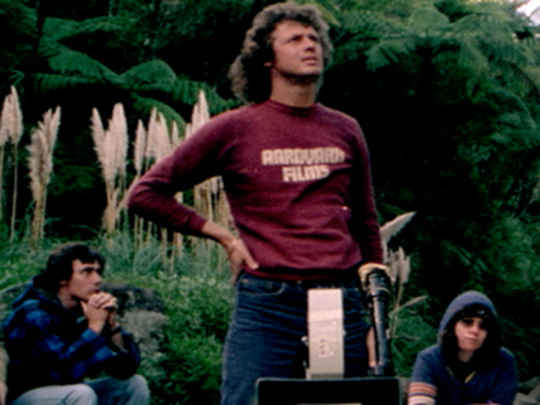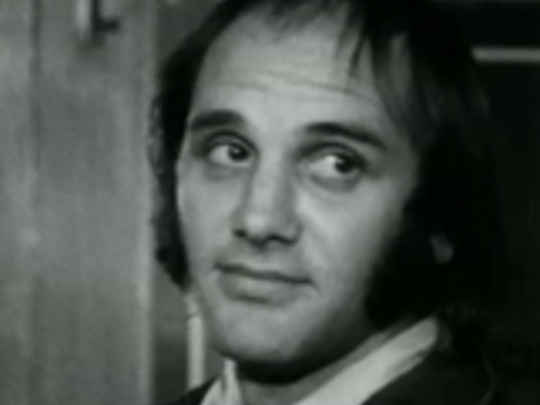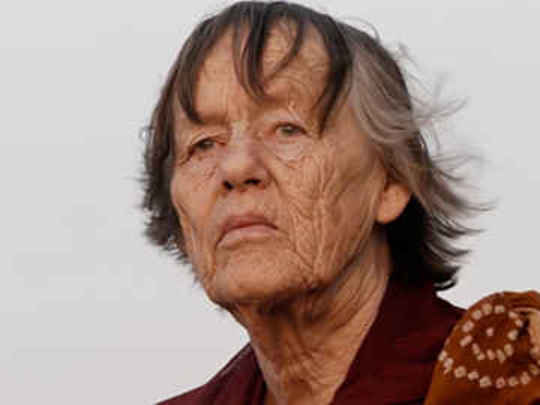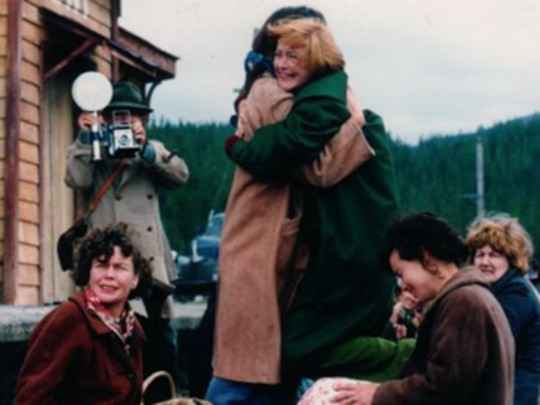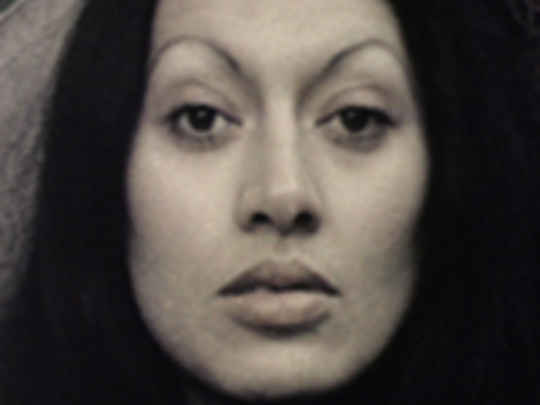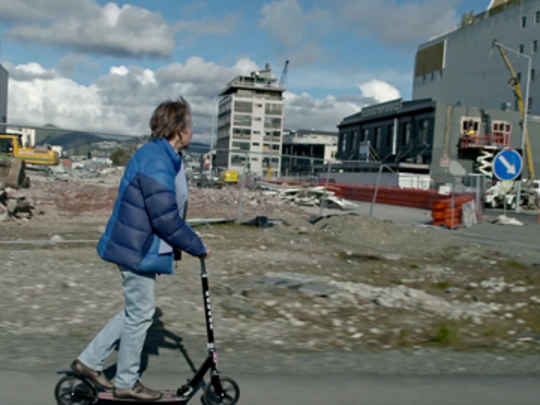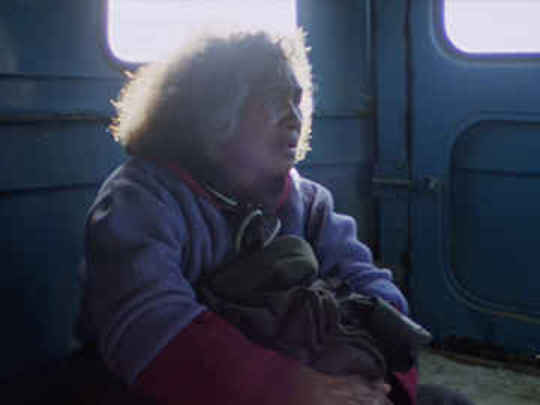Of course, we’ve never heard much about him, which made this documentary a delight and a useful, understated slice of cultural history.
– Writer Diana Wichtel in The Listener, 29 November 2008
He’s calm, he’s relaxed, he doesn’t wear shoes. What more can you ask for?
– Director Peter Jackson describes Alun Bollinger, at the start of this documentary
Charming and easygoing . . .the film gives us a compact history of the Kiwi cinema that AlBol was instrumental in inventing. But it is pre-eminently a portrait of a uniquely New Zealand archetype — the greenie, good, keen man...
– Critic Peter Calder in The NZ Herald, 25 July 2008
. . . as an operator, he is stupendous . . . You look at The Piano; his operating in the Piano. There's so much strength in the story, just from the camera operating. It's extraordinary . . . Intuition, and timing. And just a feel of — listening, holding, moving.
– Director Gaylene Preston on AlBol's skills as a camera operator, early in this documentary
Mum saw an ad in the paper, for a cine camera trainee with the NZBC. Basically I got given a camera, and sent out to shoot news...I just fell into it, you know — loved it from the start. And it brought me out of my shell too...
– Alun Bollinger on the start of his screen career, early in this documentary
There was no opportunity to have a career or anything in film — there was no industry as such. We were amateurs. We weren't being paid. Of course if you're not being paid you do what you like.
– Goodbye Pork Pie director Geoff Murphy reminisces, early in this documentary
..when you've lived with very limited financial resources, you learn that life's alright without it. . .
– Alun Bollinger on living cheaply
We had to be bloody well-organised, or we weren't going to get it. Me and AlBol had spent months planning the shoot, and we knew every shot in the picture.
– Director Geoff Murphy on making Goodbye Pork Pie on a tight schedule
This area's used to doing things for itself, so the people are fairly self-sufficient and find their own solutions to things. i would describe it as altruistic.
– Helen Bollinger describes life on the West Coast
I must admit there was a time when I thought 'the kids'll grow up, and I should focus on my work as a cameraman'. But it never happened you know. The kids grew up, and the grandchildren come along, and so my time at home's just as important as it ever was.
– Alun Bollinger on work and family
New Zealand light — we deal with quite strong contrast down in this hemisphere of the world. There's various ways of dealing with it. I mean I don't like adding light to fill out the shadows, because that can get quite brutal. Sometimes you have to, because you've got no alternative. But ideally you introduce a softening — well you've got one here actually...
– Alun Bollinger demonstrates ways of dealing with New Zealand lighting conditions
I was working in situations where I had no lights, so you learn to see differently; you learn to see where the light is, cause you couldn't afford any lights. AlBol had that same thing of adapting, of having minimal resources. And that helped bring out his inventiveness.
– Director Vincent Ward on early filmmaking efforts
He is fantastic at drawing out other people, of finding out what it is they want, and then adding his own unique talent to it.
– Director Vincent Ward praises Alun Bollinger
We knew we were going into a tough one. I mean you go into a shoot, in the middle of the North Island, in the bush, on a river, in the middle of winter. It's short days, with difficult access.
– Alun Bollinger on the challenges of making River Queen
If I was being paid for it I would have been on quite a good earner.
– Alun Bollinger on the hours he put into Reefton Roller Park
All through primary school I thought I was stupid, because I never did well at school . . . I went to college, and they put me in the top stream and I started sort of getting good marks . . .
– Alun Bollinger
I have at times resorted to the familiar, and I've had to work my way out of that.
– Alun Bollinger
He only really wants to work on things that inspire him, otherwise he's much more happy staying at Blacks Point. And so you gotta hope that your script appeals to him . . . The first thing that you get from Albol is a bunch of script notes. This is before he ever says yes or no, and whether it's conscious or not, it might be a way of him testing how the relationship is going to work.
– Director Peter Jackson on approaching Alun Bollinger with the script for Heavenly Creatures
Going barefoot keeps one in touch with the earth we walk on.
– Alun Bollinger, in a letter to The Listener
